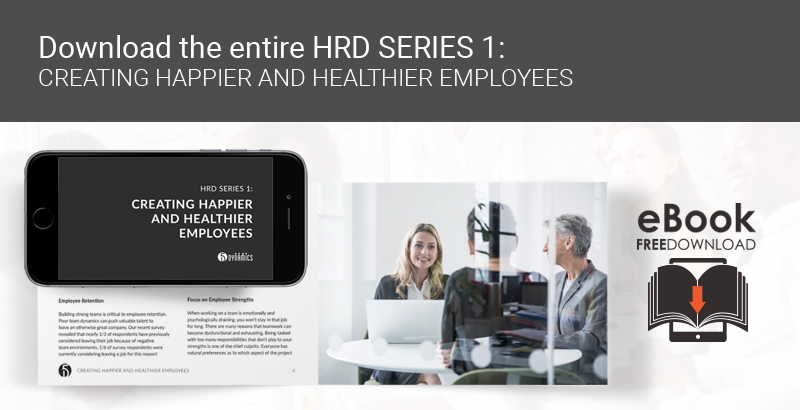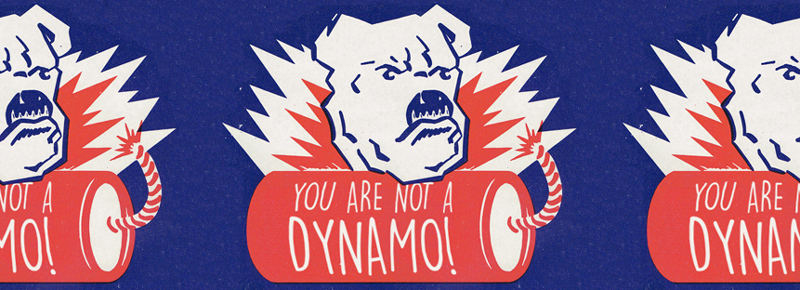Why You Should Invest in Employee Happiness

Happy Employees Stay Longer And Are More Productive
In the pursuit of top-tier performance, HR departments invest significant resources and time to understand what makes for productive employees. Research says, if you want your employees to be productive, you should ensure they feel happy. A study by economists at the University of Warwick found that happiness improved productivity by 12%, while unhappy workers were 10% less productive. Happiness actually makes us work harder! Happiness also causes us to be better collaborators and more creative thinkers.
Invest In Employee Engagement
Unfortunately, just 13% of employees report feeling engaged at work. Millennials are the most disengaged—71% are either not engaged or actively disengaged at work. The biggest factors that make a job desirable to workers of all generations are fairly consistent: quality of management, opportunities for professional growth and development, and interest in the work itself. The upside to the disengagement crisis is that companies have a big opportunity to increase workforce productivity by bringing up employee happiness levels. By investing in employees’ happiness and well-being, companies can improve both performance and engagement.
Reduce Employee Turnover
Employee happiness not only generates higher productivity levels—it also promotes retention and reduces turnover costs. According to Gallup, typical rates of employee turnover could run a 100-person firm between $438,000 and $4 million a year.
Low employee engagement is closely tied to high turnover rates. Managers believe that turnover tends to be related to pay, but in fact, employee engagement levels predict satisfaction with pay. “Engaged employees are far more likely to perceive that they are paid appropriately for the work they do (43%), compared to employees who are disengaged (15%) or actively disengaged (13%).” The same study shows that when workers feel that their coworkers aren’t committed to quality, pay and benefits take on a greater emphasis as compensation for picking up others’ slack. And when coworkers are unhappy, they’re less productive. Happiness both helps employees feel more satisfied with their pay and prevents coworkers from losing their commitment to quality work.
Effective Collaboration Is Important For Employee Happiness
As we’ve seen, effective team collaboration is very important for employee happiness. Smooth working relationships on project teams promote overall quality relationships between coworkers. According to Globoforce’s recent report, “The Effect of Work Relationships on Organizational Culture and Commitment,” quality relationships between co-workers are strongly associated with happy and engaged workers.
What’s the ROI on happiness? Increased productivity, lower turnover costs, improved talent retention, and more creative problem-solving.
Contact 5 Dynamics today for unique insights into the energy dynamics to evaluate your employee’s happiness at work.



